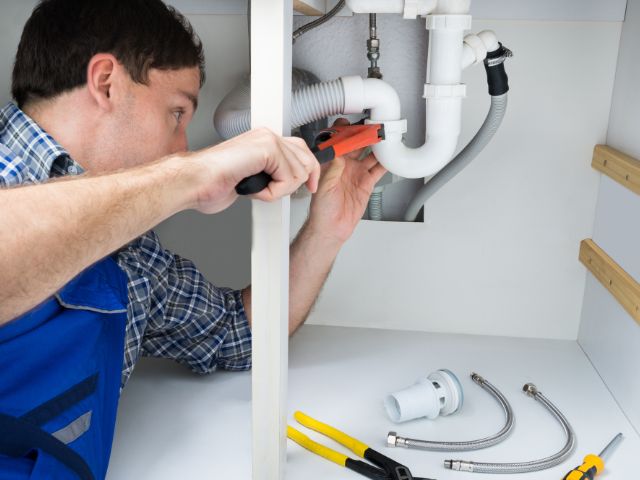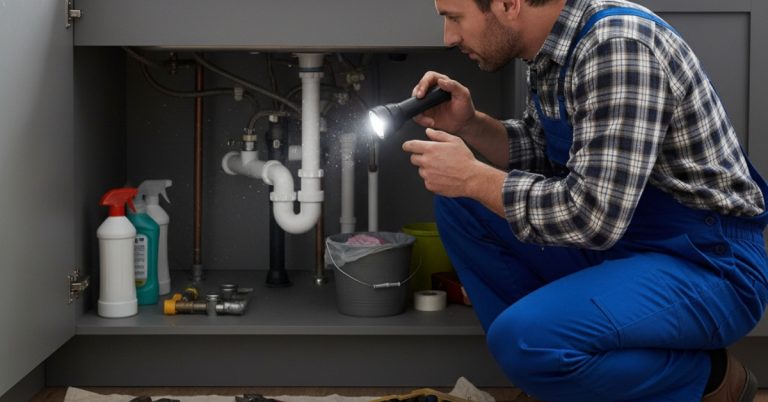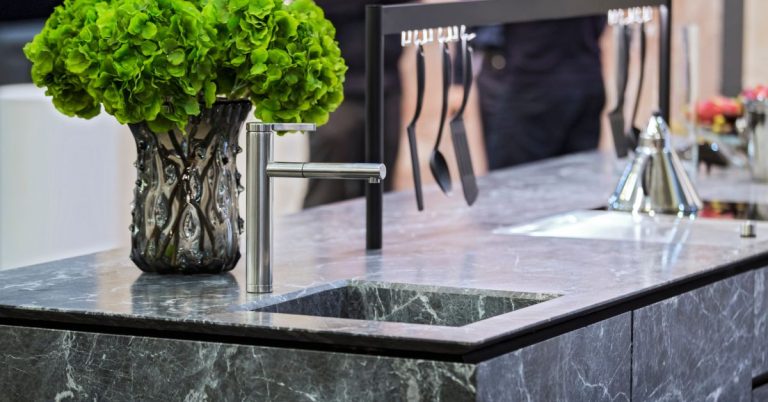Proper plumbing is the backbone of every functioning home and business. Without it, day-to-day operations can grind to a halt. Plumbing preventative maintenance is the proactive approach to keeping your system in top condition — identifying minor issues before they evolve into costly emergencies. In this blog, we’ll delve deep into what is plumbing preventative maintenance is, its importance, and how it can save homeowners and businesses significant time, money, and stress.
Table of Contents
Understanding Plumbing Preventative Maintenance
Plumbing preventative maintenance involves regular inspections, servicing, and cleaning of your plumbing system to prevent unexpected breakdowns. This includes everything from checking pipes for corrosion to inspecting water heaters and clearing out drains before clogs form.
Routine inspections allow licensed plumbers to catch minor leaks, rust, sediment build-up, or faulty components early on. Rather than waiting for a burst pipe or an overflowing toilet to demand urgent attention, scheduled maintenance ensures system longevity and efficiency.
Top Benefits of Plumbing Preventative Maintenance
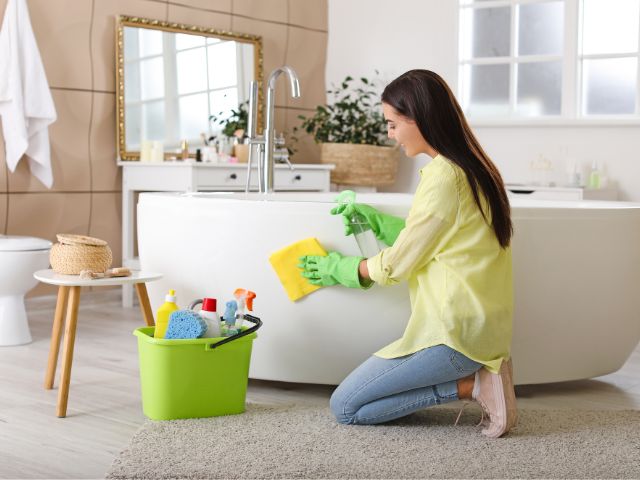
1. Extends the Lifespan of Plumbing Systems
Regular maintenance prevents premature wear and tear. By flushing your water heater, inspecting pipes for corrosion, and replacing aging fixtures, you can extend the lifespan of your plumbing system significantly.
2. Reduces Emergency Repairs
Emergencies often strike without warning — but they’re usually the result of long-ignored issues. Preventative maintenance reduces the chances of sudden, disruptive failures that lead to expensive repairs or replacements.
3. Saves Money Over Time
While there’s a cost associated with routine maintenance, it’s minimal compared to the expense of emergency plumbing repairs or water damage restoration. Leaky pipes and running toilets can also lead to inflated utility bills — costs that add up over time.
4. Improves Water Quality
Over time, rust, debris, and mineral buildup can contaminate water supply lines. Maintenance tasks like flushing water heaters or cleaning faucet aerators help maintain clean, safe, and high-quality water throughout your home.
5. Conserves Water
A dripping faucet can waste more than 3,000 gallons of water per year. Preventative maintenance identifies these leaks early, helping you conserve water and reduce your environmental impact.
Key Plumbing Components That Require Regular Maintenance
Pipes and Fittings
Inspect for signs of corrosion, leaks, or damage. Check exposed piping in basements, under sinks, or crawl spaces. Any signs of moisture, mold, or rust may indicate a slow leak.
Water Heater
Flush your water heater annually to remove sediment build-up, which can affect efficiency and cause premature failure. Inspect the anode rod, pressure relief valve, and thermostat regularly.
Drains and Sewer Lines
Slow drains are often early warning signs of clogs or blockages. Professional hydro jetting or snaking can clear out tree roots, grease, and buildup to prevent backups.
Faucets and Showerheads
Clean aerators and replace worn-out washers to avoid drips. Ensure all fittings are tight and inspect for mineral buildup that can restrict water flow
Toilets
Check for silent leaks by adding food coloring to the tank and observing if it seeps into the bowl. Replace flappers, fill valves, and handle components as needed with expert toilet leaking services.
Sump Pump
Test your sump pump at least twice a year by pouring water into the pit. Ensure it turns on promptly and drains water effectively. A failed sump pump during heavy rains can lead to basement flooding.
How Often Should Plumbing Maintenance Be Done?
A general rule of thumb is to schedule professional plumbing maintenance once per year. However, older homes or properties with frequent plumbing issues may require bi-annual inspections.
DIY maintenance like cleaning drains or checking faucet leaks can be done monthly, but only a certified plumber has the expertise to identify deeper issues that could pose long-term risks.
Signs That Indicate Your Plumbing System Needs Attention
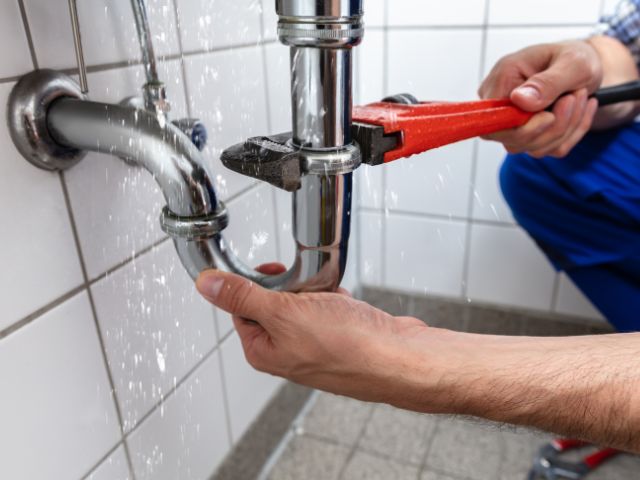
Even with regular maintenance, some signs should never be ignored:
- Unusual odors coming from drains or pipes
- Decreased water pressure
- Discolored water
- Frequent clogging
- Higher-than-usual water bills
- Visible mold or water stains
- Gurgling noises from drains
If you notice any of these red flags, it’s essential to act immediately. Early detection can mean the difference between a minor fix and major property damage. Calling for expert plumbing services ensures these issues are handled professionally, whether it’s for routine care or emergency plumbing needs.
What a Professional Plumbing Maintenance Service Includes
When you hire a licensed plumber for preventative maintenance, they typically perform:
- A thorough inspection of all accessible plumbing lines
- Water leak detection and pressure testing
- Drain cleaning and clog prevention
- Water heater inspection and flushing
- Valve checks and lubrication
- Fixture inspections and minor repairs
- Sump pump and backflow preventer testing
Additionally, professional plumbers provide documentation of findings, along with recommendations for necessary plumbing repair services or upgrades. This not only helps with maintenance planning but can also be valuable if you plan to sell your home.
Why Businesses Also Need Preventative Plumbing Maintenance
For commercial properties, plumbing issues can lead to operational downtime, unsanitary conditions, and damage to inventory or equipment. Restaurants, hotels, and office buildings must adhere to strict plumbing codes — making routine maintenance not just important but legally necessary.
Regular inspections prevent health violations, maintain guest satisfaction, and ensure uninterrupted business operations.
Get your water heater repaired or replaced the same day
Choosing the Right Plumbing Maintenance Provider

Not all plumbing companies offer the same level of service. When selecting a provider, consider:
- Licensing and insurance
- Experience with residential or commercial systems
- Maintenance plan options
- Emergency response times
- Customer reviews and testimonials
- Transparency in pricing and services
A reputable provider like 5 Star Best Plumbing offers detailed assessments, fair pricing, and tailored maintenance schedules based on your system’s age, size, and usage. For dependable plumbing care, don’t hesitate to call 5 Star Best Plumbing for expert plumbing service you can trust.
Final Thoughts on Preventative Plumbing Maintenance
Plumbing preventative maintenance is an essential part of responsible homeownership and smart business management. It’s not just about preventing disasters — it’s about optimizing performance, extending equipment lifespan, and ensuring safety and efficiency throughout your property.
By scheduling regular inspections, addressing minor issues early, and partnering with skilled professionals, you safeguard one of your property’s most critical systems. Don’t wait for a plumbing emergency to act — contact us today for expert preventative care that prevents costly consequences tomorrow.
FAQs
How often should I schedule plumbing preventative maintenance?
You should schedule professional plumbing maintenance at least once a year to ensure your system stays in good working condition. Homes with older plumbing or frequent issues may benefit from bi-annual checkups.
Can I do any plumbing maintenance myself?
Yes, you can perform simple tasks like checking for leaks, cleaning faucet aerators, and ensuring drains are clear. However, professional inspections are necessary to detect deeper issues and ensure long-term system health.
What are the most common signs of a hidden plumbing problem?
Low water pressure, unusual odors, mold growth, and higher water bills are all signs of hidden plumbing issues. These often indicate leaks, clogs, or damaged pipes that require prompt attention.
Why is water heater maintenance important?
Regular water heater maintenance prevents sediment build-up that can reduce efficiency and lead to costly damage. Flushing the tank annually and inspecting components will extend its lifespan and improve performance.
Is preventative plumbing maintenance worth the cost?
Absolutely — it prevents major emergencies, reduces utility bills, and extends the life of your system. The small investment in maintenance saves significantly more in long-term repair and replacement costs.

